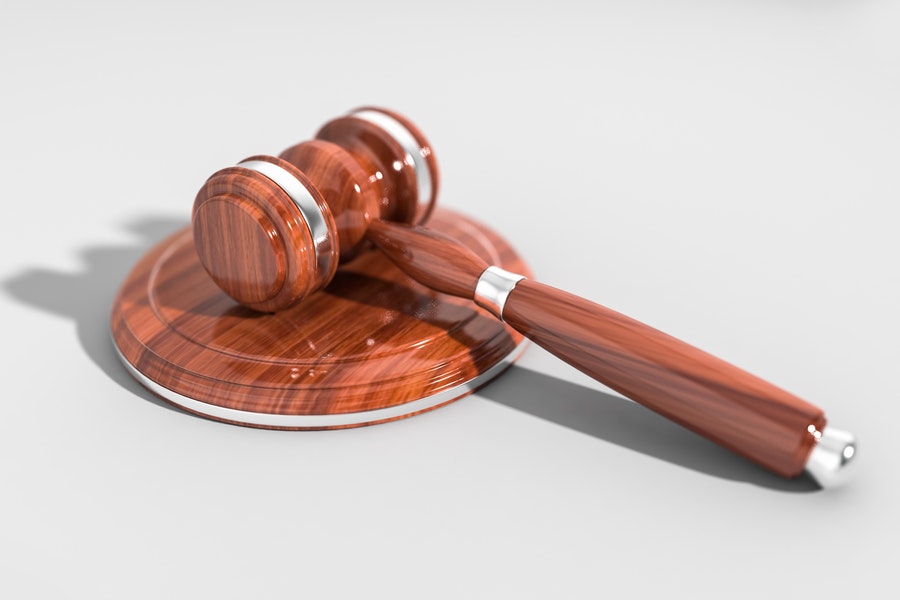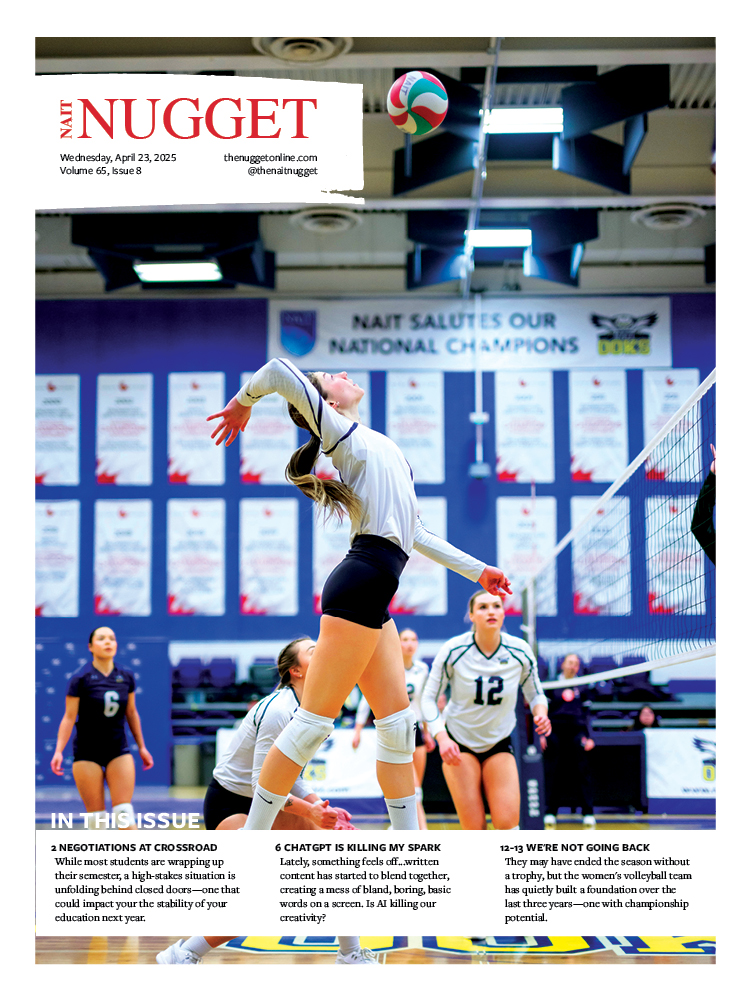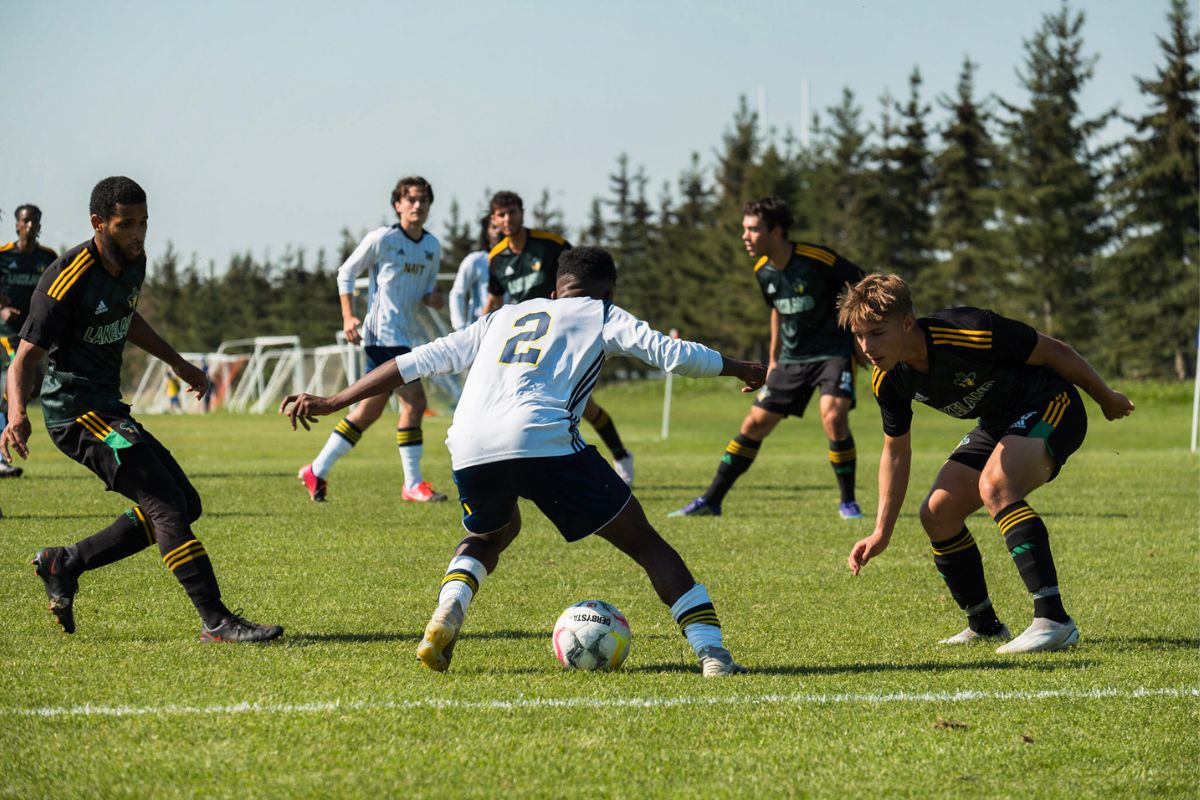The aftermath of the most controversial Canadian murder trial in recent memory has blown the lid off Canada’s biggest cultural dilemma once again.
On Feb. 9, Gerald Stanley was acquitted on second-degree murder charges in the death of Colten Boushie. Protests for justice began the following weekend as the characteristics of the story made the trial a race issue instantly. Colten Boushie was a resident of Cree Red Pheasant First Nation; Gerald Stanley a white farmer.
The Boushie family, hundreds of fellow Aboriginals, and concerned Canadians condemned the verdict largely on racial grounds. Not too long after, the Justice Minister and Prime Minister Trudeau all but intervened in the jury’s verdict.
Whether you’ve sided with Colten Boushie or Gerald Stanley, whether you say the verdict was egregious or justified, whether the trial boils down to race or property theft/invasion one thing is clear.
The years of truth following the Residential School system has killed the idea of nation in Canada.
It wasn’t too long ago that Canada was seen as an understanding, reasonable, and fair-minded country which tried (or at least appeared to try) to do what was best for everyone. Canada believed in the values of Western civilization. It believed in itself. It believed in it’s humble and unique beginnings.
While the hard details are always vague, high-school and college social studies and political science students grapple consistently with the question of Canada’s cultural identity. What is Canada’s identity? What is Canada? Their definitions are now informed with the powerful and ugly knowledge that Canada was home to cultural genocide. The good that Canada once stood for can be challenged at every level.
Is Canada a good, peaceful nation? That’s up for grabs.
I am not saying that Canadians shouldn’t be taught the truth of residential schools. That would be beyond negligent and in itself a lie. One of the major problems Canadians face as a follow up, long term question to the sweeping emotions of this verdict and Truth and Reconciliation is knowing what our past means. At the moment, it’s very unclear what the whole of Canada’s story means, which makes it hard to act. The comfort of our modesties and goodwill are gone. Right now, it’s both uncertain and extremely volatile.
Resentment is hot from the First Nations peoples for the past failings of the Canadian government, and has been on display following the acquittal. What’s upsetting is the fact that this comes after what seemed to be some sort of improvement after Truth and Reconciliation. The meaningful dialogue had begun and was seemingly still being had. In the wake of Gerald Stanley walking free, many are openly questioning if anything has changed.
In the post-colonialism era, Canada’s biggest test will be the growth and sustainability of our Aboriginal peoples and backing up the terms of Truth and Reconciliation with systems that work for everyone. Not just First Nations or the government, but everyone. Short-term, quick, reactionary fixes to these problem can only be labeled as dangerous.
This trial sparks questions which could change Canada irreversibly. What is stopping complete legal pluralism for Aboriginals as it relates to justice in the future? Will identity play an intrinsic role in how these cases are dealt with? If, “it is time for Canada to have a renewed, nation-to-nation relationship with Indigenous Peoples,” as it says on the liberals website liberal.ca, then what will the terms be to reconcile? This is not a simple problem.
Those Canadians who will run our government offices in the future will have to manage the difficult task of realizing what our past means and using it effectively to solve the problem long-term.
Ultimately the terms of reconciliation are going to have to be defined precisely or Canada will not survive.
– Michael Menzies






